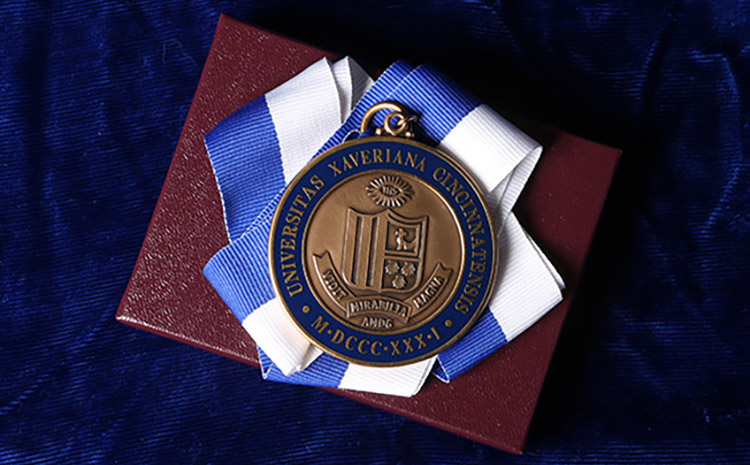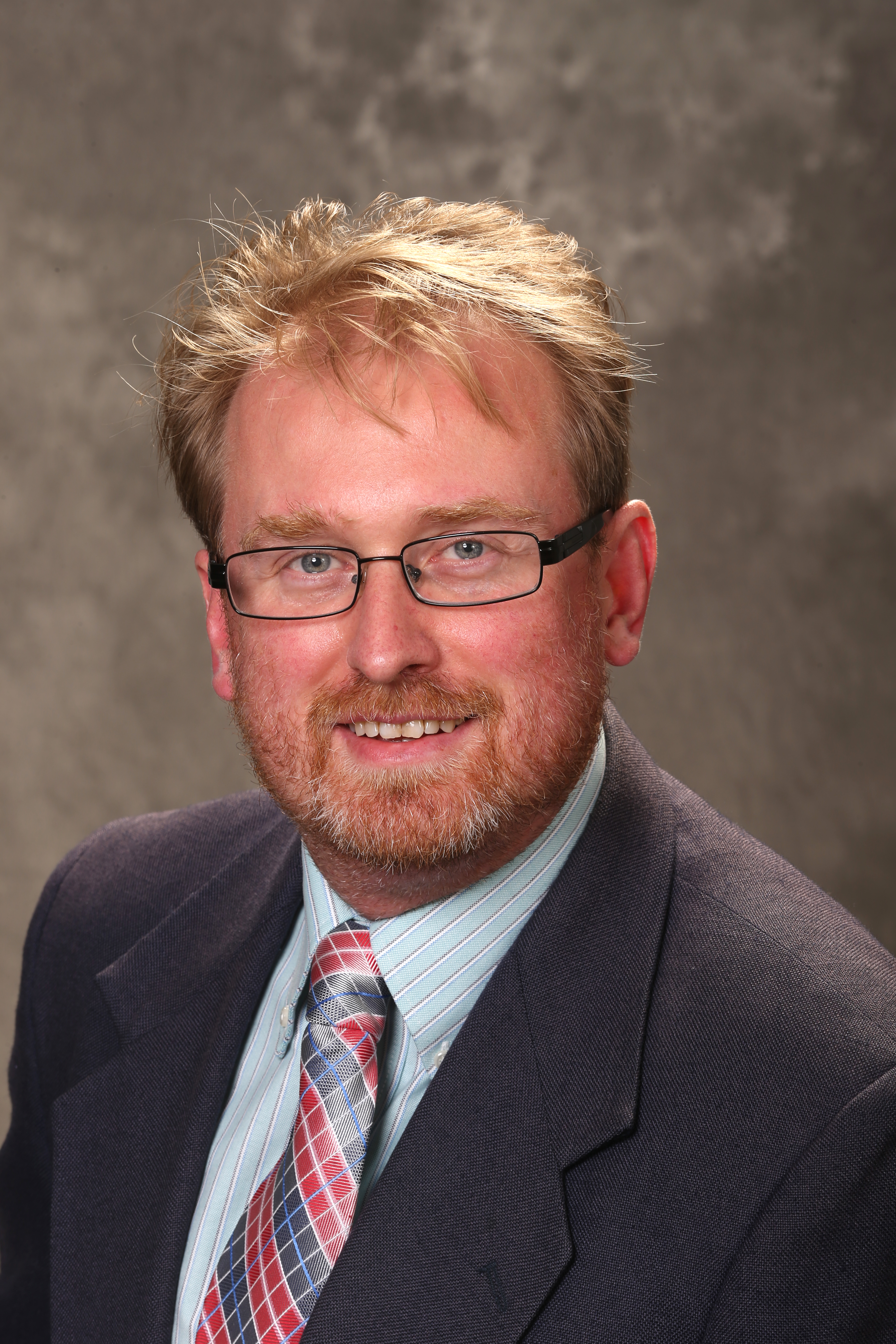
A New Name for Our Oldest Honors Program
Oct 29, 2018
The tradition of honors studies at Xavier dates back more than 75 years, with four distinct honors programs for its most serious students. They
“We’re one of the few schools that has more than one honors program. It’s kind of unique to us,” says Thomas Strunk, the new chair for the newly renamed and freshly rebranded Classics and Philosophy Honors Bachelor of Arts Program.
Most students tend to think of an honors program as academically challenging courses students can take alongside their given major. That describes our University Scholars program. Many then wonder, what is Honors Bachelor of Arts?
Honors AB, first offered in 1948, is Xavier’s oldest honors program. Students study the classic Latin and Greek languages as well as philosophy as a cohort class.
Now the new name makes it clear: Classics and Philosophy Honors AB. The AB has been kept as it gives a nod to the Latin roots of the major. And why HAB instead of HBA? Blame Latin. It literally translates into Honors artium baccalaureus.
Students are awarded an Honors Bachelor of Arts (or HAB) degree—the same degree awarded to graduates of the Philosophy, Politics and the Public major.
And lest you think every
So, the name is changing. Is the program changing, too? On the one hand, no. “We’re still doing Latin, Greek
But there is another hand. To bring the program into communication with our modern world, all students will take a class looking at a problem that existed in both the ancient and modern worlds, with the potential for that class to have a service-learning component.
The first “test” class looked at immigration, how it worked in ancient Rome and today in the United States. They partnered with a community group, Youth Educating Society, that works on immigration issues. Then they conducted video interviews to ultimately put up on the group's website.
“In the class coming up, we’ll be looking at food scarcity. We’ll be reading ancient texts on how Romans viewed food and partnering with a community group,” Strunk says. “We pride ourselves on giving people a very good foundation in being able to write, to speak publicly, to think rigorously, and to endure challenges—like getting through Latin or Greek texts.”
Excelsior!